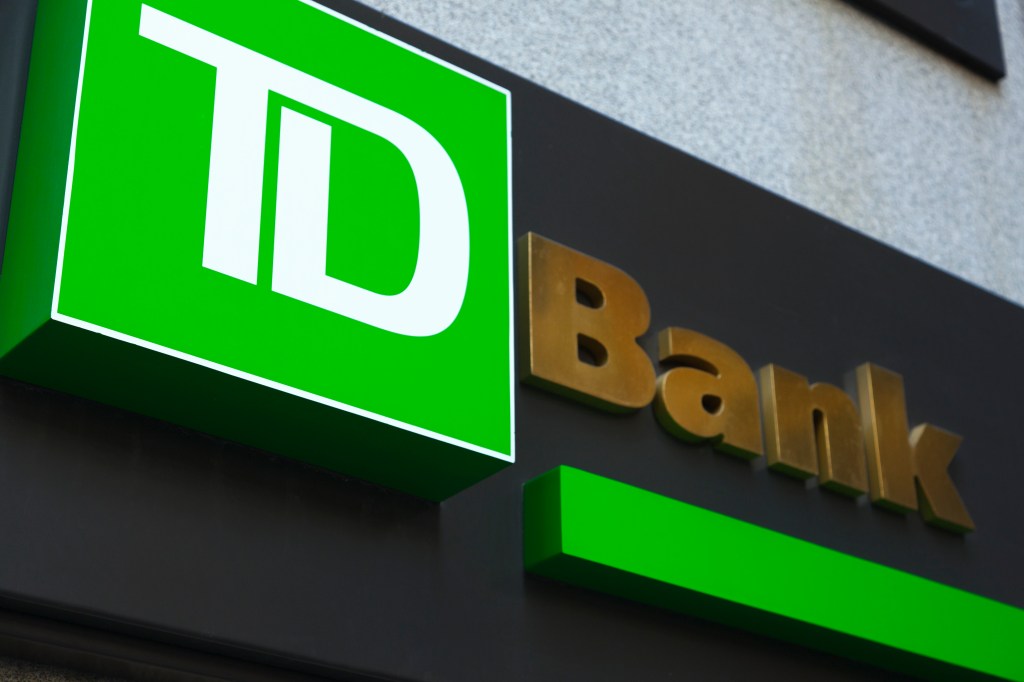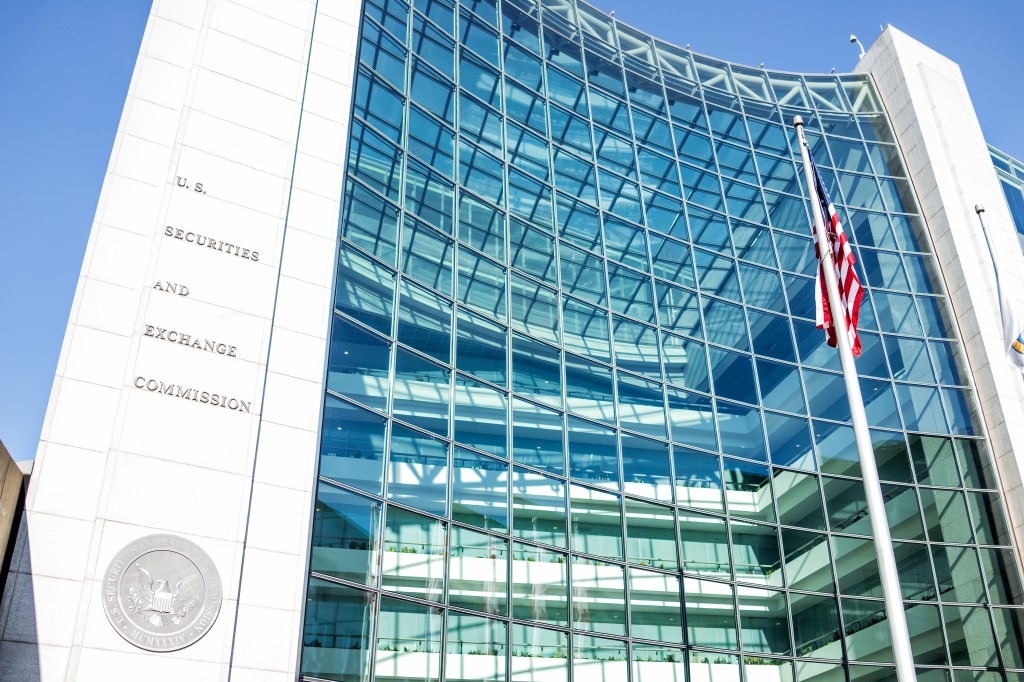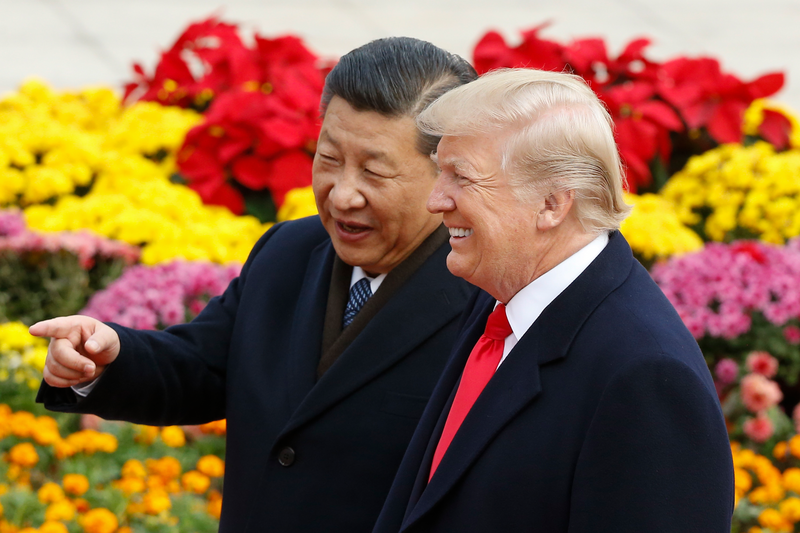In the wake of the collapse of crypto exchange platform FTX, Deputy Governor of the Bank of England Jon Cunliffe has strongly advocated regulating the industry.
With regards to FTX specifically, and to the activities it undertook, he said: “The regulatory system and international standards in place aim to stop these important pieces of financial market infrastructure from taking on credit / liquidity / market risk beyond what is absolutely necessary to discharge their core functions”.
He added “protection of client funds is crucial. In many of these platforms, the platform takes possession of the cryptographic keys and manages transactions on the ledger for a pool of assets. It is far from clear whether these practices deliver the assurance of either custody of assets in the conventional finance world or of a claim on the balance sheet in the way that occurs with accounts at a bank.”
Innovation
He conceded that new technology and new business models flow from innovation, but listed three reasons for bringing these activities and entities within regulation:
- simply the need to protect consumers and investors;
- to ensure financial stability, since crypto’s links with mainstream finance have been developing rapidly. This would need to be done pre-emptively, since “the experience in other areas of digitalisation has demonstrated the difficulty of retrofitting regulation on new technologies and new business models after they have reached systemic scale”;
- to foster innovation, as integration of technologies that have been pioneered and refined in the crypto world, such as tokenisation, encryption, distribution, atomic settlement and smart contracts have the potential to improve efficiency, functionality and reduce risk in the financial system.
The incoming British government recently announced plans to make the UK a “cryptoasset technology hub”. This indicated that there will be an increasing need for regulation in the sector going forward.
“Governments are beginning to realize that they can track this open, transparent technology and use it to follow funds and wallets around the world,” says Stefan Rust, CEO, Laguna Labs.
Warnings
The UK’s Financial Conduct Authority (FCA) issued several warnings to consumers regarding FTX prior to its collapse, saying it may be offering financial services in the UK without its authorization.
Sam Bankman-Fried, former CEO of FTX, told a Vox reporter he blamed the collapse of the exchange on “messy accounting”.
The co-founder of Binance, the world’s largest crypto exchange, said recently the UK was the “most stressful” country in terms of crypto regulation.
But some proponents of crypto and decentralized finance (DeFi) believe keeping the industry unregulated is in keeping with its founding principles.
“Unlike the world’s biggest decentralized currency, CBDCs are issued by central banks and are therefore centrally controlled and managed. As such, CBDCs are the product of the same broken financial system that has caused crisis after crisis, resulting in the widespread loss of capital and trust in the traditional financial model,” says Rust.
In terms of the underlying technology, Cunliffe said “more generally, as with driverless cars, they are only as good as the rules, programmes and sensors which organise their operations. We would certainly need a great deal of assurance before such systems could be deployed at scale in finance.”
“Innovation may start in unregulated spaces. But it will only be developed and adopted at scale within a framework that manages risks to existing standards.”
Jon Cunliffe, Deputy Director, Bank of England
Speaking on the possibility of the Bank issuing a digital Pound, Cunliffe added “we intend early next year to consult in detail the regulatory framework that will apply to such systemic payment systems and the services, like wallets, that accompany them. In doing so, we will be guided by the principle of ‘same risk, same regulatory outcome’”.
“As a digital form of public money, a CBDC could have significant benefits for the public, and act as a potential differentiator and accelerator of innovation for a global UK,” says Jannah Patchay, Policy Lead, Digital Pound Foundation. “Unlike cash, a digital CBDC could enable micropayments or otherwise be “programmed” for specific uses to support government aims, including macroeconomic and social policy delivery, and to facilitate an improved transactional relationship and experience between individuals, businesses, and the state. Accessing digital money usually requires no more than a smartphone. This type of technology could bring many of the unbanked or underbanked into the UK’s financial system for the first time.”
The UK is just one of many country looking into a central bank digital currency (CBDC).
There remains a lot of groundwork that needs to be laid. “Innovation may start in unregulated spaces. But it will only be developed and adopted at scale within a framework that manages risks to existing standards,” Cunliffe said. “The robustness and resilience of the permission-less block chain has not been demonstrated at scale and over time. And some of the protocols themselves may carry risks – for example automatic liquidation of volatile collateral, no matter how rapid, does not remove the need for liquidity providers to avoid the amplification of fire sale dynamics.”

















